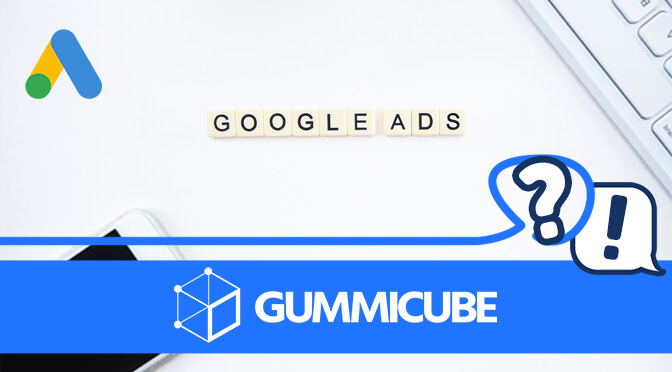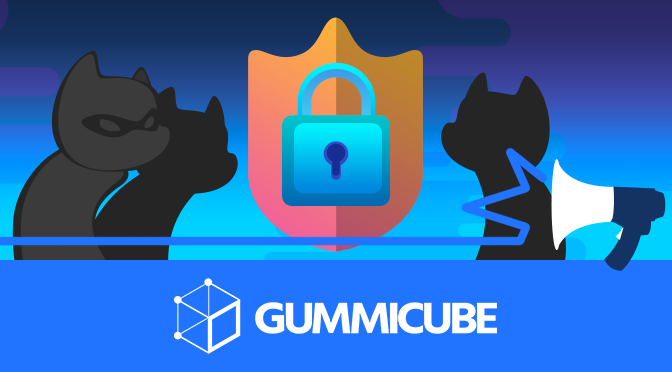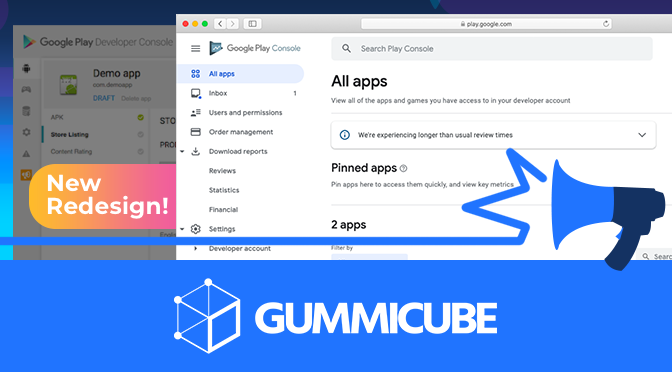
App Store Holiday Schedule 2020
Posted on November 23rd, 2020
When is the App Store Holiday Schedule 2020? Learn about the dates of this year's shutdown and how to prepare.

Paid marketing, such as Google Ads and Apple Search Ads, is a tool that can enhance an app’s conversions and organic rankings. Every paid install can help an app gain 1.5 more organic installs, so paid acquisition helps apps even when the paid campaign ends. Google has adjusted how it delivers repeat ads, which may impact app developers using Google Ads to supplement their App Store Optimization.
Google is using machine learning to manage how frequently ads are shown to users, specifically those blocking third-party cookies. The new machine learning solution will come to the Display & Video 360 advertising platform first, before rolling out for display ads in Google Ads.
According to Google, the machine learning solution will analyze traffic patterns at an aggregated level across Google Ad Manager publishers to create models that predict traffic patterns. That data is then used to “estimate how likely it is for users to visit different publishers who are serving the same ads through Google Ads Manager” and “optimize how often those ads should be shown to users.”
In other words, if a user is shown and ignores an ad on one site serving Google Ads, such as on the Google search engine, it won’t be shown to them on another site, like YouTube.
As Adexchanger notes, this change uses modeled data for users blocking third party cookies based on activity from users who aren’t blocking the information tracking. As such, it delivers ads based on probability, rather than true user activity. Google also won’t incorporate data signals such as IP addresses. While that would be helpful for frequency capping, since it’s tied to the home internet service and cannot be opted out of, it is close to user targeting and therefore avoided.
Google Ads currently offers frequency capping, which lets marketers limit the number of times a user sees their ads over a given time. Frequencies can be set to limit the number of impressions on the campaign, ad group or individual ads. The impressions can also be limited on a daily, weekly or monthly basis.
These changes impact any ads delivered across the Google Ad Manager, which can include app advertisements. Google Ads delivers advertisements to a range of Google-owned websites, including the Google Play Store.
Advertisers typically pay for ads on a “cost per click” basis. However, it is also possible to pay on a “cost per mille” basis, where advertisers pay for every 1,000 times the ad is displayed regardless of clicks. With this change, Google hopes to reach more potential users per ad delivered, rather than targeting users who are already disinterested. On a CPC model, If an ad isn’t getting any clicks, then Google isn’t earning any ad revenue while the app isn’t reaching any new users. On a CPM model, a disinterested user provides the same value to Google, but costs the developer even if they don't click on the ad.
There is a value to repeat ads. Repetition can build brand familiarity, which can help improve the chances of getting clicks. At the same time, repeating an ad too much can annoy users and turn them away; there’s a delicate balance to be struck.
If an app’s advertisement on Google Ads gets clicks, this can benefit the app’s presence on the Play Store. Clicks gained from Google Ads can help improve its visibility and rankings, so there’s a value to using paid marketing in addition to optimizing an app for keywords and conversions. Changes to Google Ads can impact how app developers focus their advertising efforts and their ASO.
With Google’s changes to ad frequency capping, developers can ensure their ads reach more interested users, rather than being repeated on disinterested ones. If the ads gain more clicks from this, it can impact organic rankings for the advertised apps. App developers and marketers should keep an eye on Google Ads as the new frequency capping rolls out.
Want more information regarding App Store Optimization? Contact Gummicube and we’ll help get your strategy started.

When is the App Store Holiday Schedule 2020? Learn about the dates of this year's shutdown and how to prepare.

Apple's App Store Guidelines have strict privacy requirements. Developers now must provide information to users on the App Store listing regarding the data they access.

The Google Play Developer Console has been updated with a new design and adjusted tools. What's different, and how will it impact App Store Optimization?